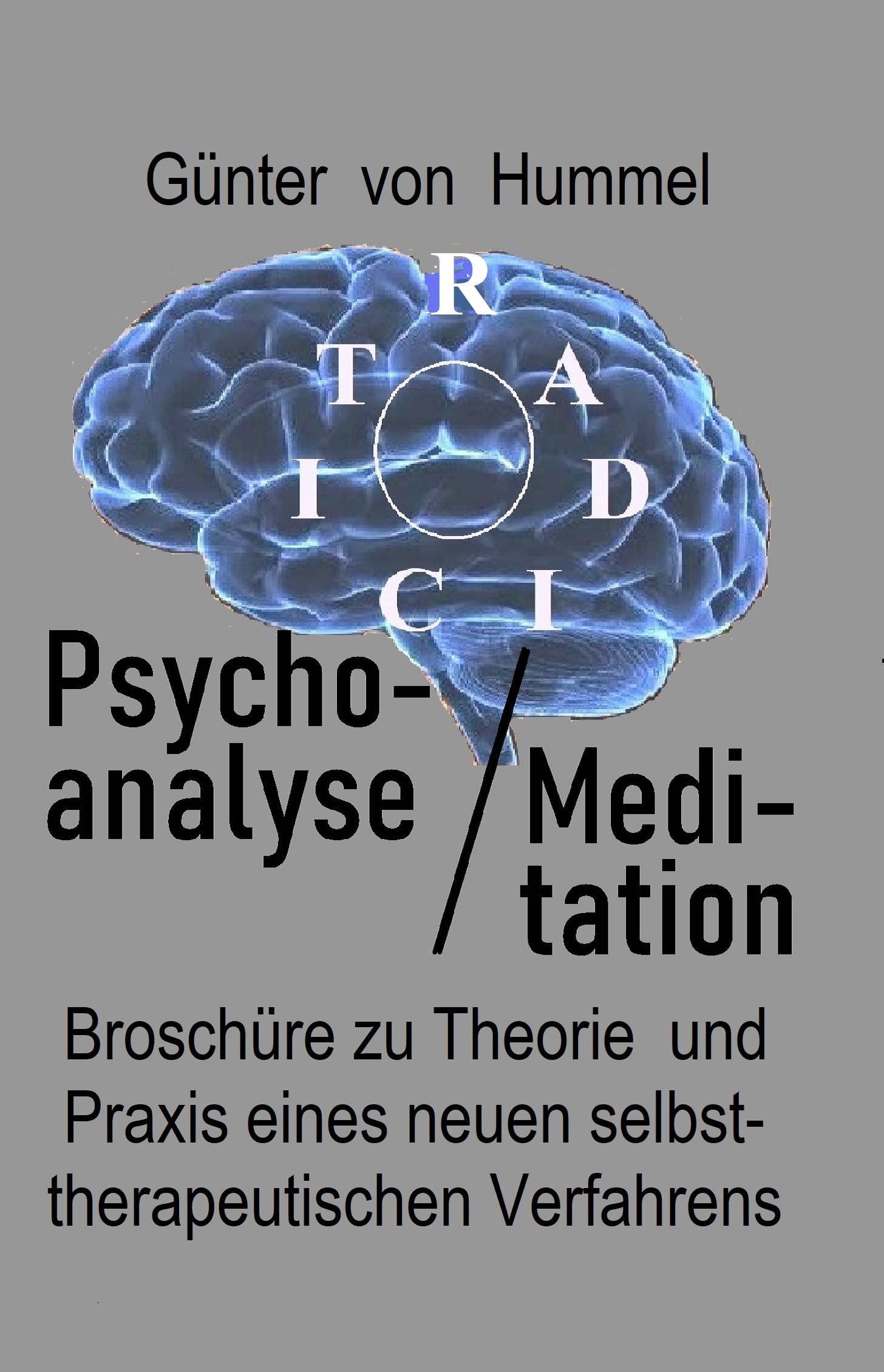The Egos in Transactional Analysis
Transactional analysis or TA recognizes three ego states: parent, child, and adult. The child ego is based on feelings and is pre-rational. Someone in a child state is in an "I'm not OK - you're OK" position. The parent ego is also considered pre-rational though it is learned from our parents.
The adult ego is based on what we observe and rationally decide. The adult position in transactional analysis is an "I'm OK - you're OK" position.
The Parental Ego in Relationships
When someone acts from a parental position, they are domineering and critical. They will act with anger or frustration from dealing with someone who is inferior. The language tends toward all or nothing choices. The parent ego expects obedience. If choices are given, the child is only two or three parentally approved choices without allowing input from the "child".
When Parent-Child Relationships Occur Outside the Family
Parent-child relationships are primarily biological children to their parents. However, parent-child social relationships are not limited to actual parents and children. It is important to note that parent-child relationships are not limited to surrogate families or even generational gaps.
Examples of Parent-Child Relationships Occur Outside the Family
- Managers often take a parent-child relationship to employees. The employee is not an equally valid adult. The parental manager will act patronizing, his or her dominant position based upon their control of the workplace and payroll. It can be easy for managers and leaders to fall into the parental ego state, since they only have to mimic their parents' roles, instead of attempt adult-adult relationships with many employees. This is different than a nurturing parental role that can arise in mentoring, in which a mature adult guides and develops a young adult toward an equal level.
- Spouses can fall into parent-child relationships. A parental spouse may ask their spouse's opinion but will then sigh or whine, expressing their dissatisfaction or distaste. They've sought input in the appearance of equality but then use emotional signs like sighing or rolling of the eyes to indicate their rejection of the other person's input or their worth. If the other person then acts without "parental" approval, social games like "see I told you so" are played to show the "child" that this is what happens when the act outside of the parent's approved boundaries.


